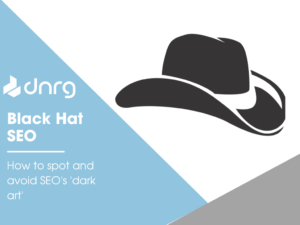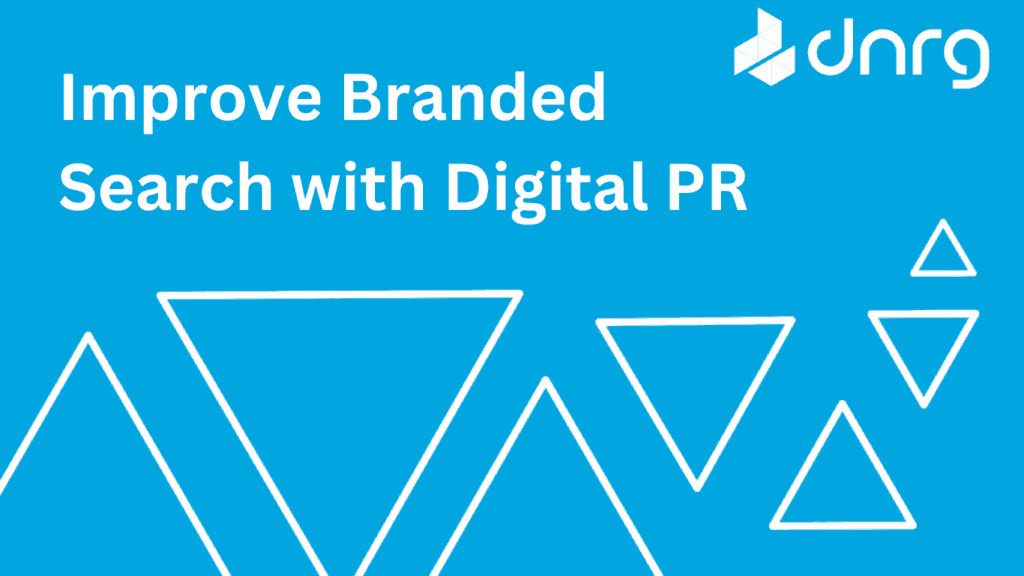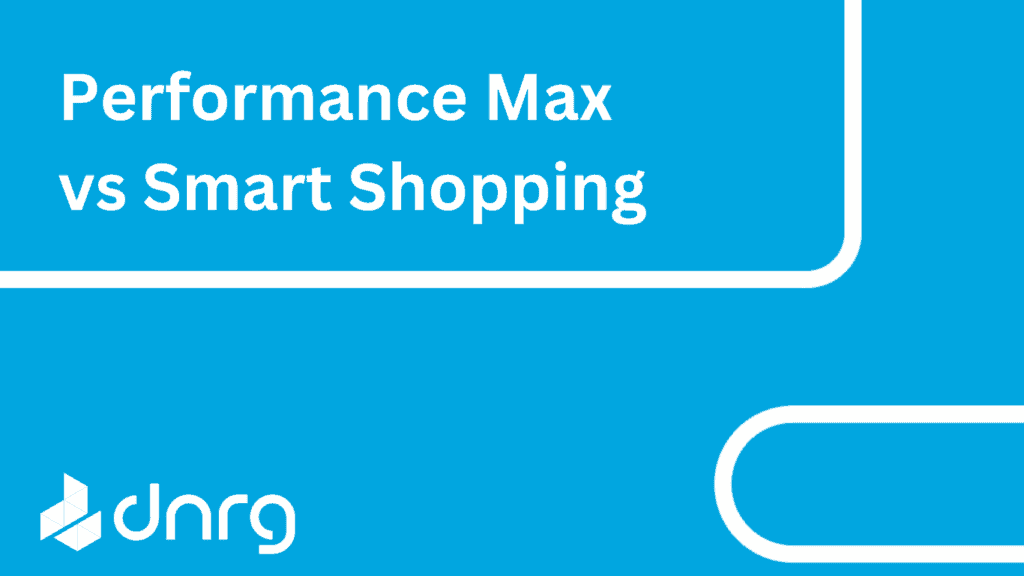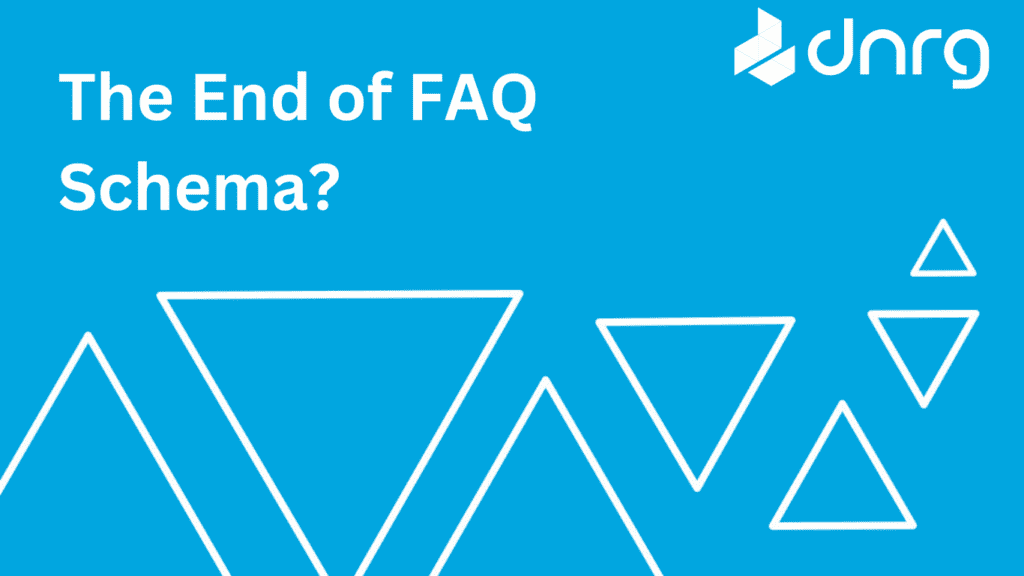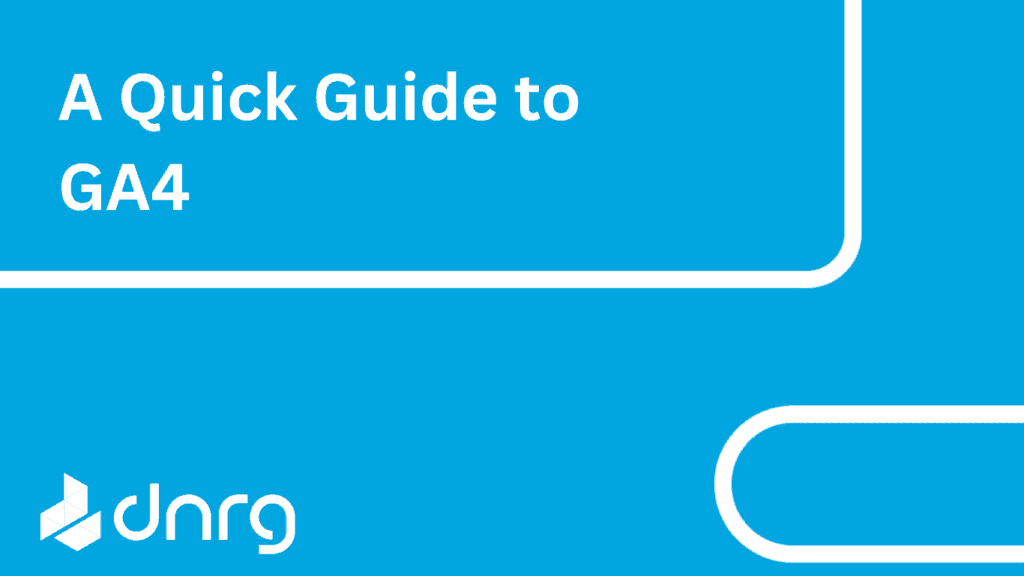What is Black Hat SEO?
 The internet is a wild place, thick with good guys and bad guys, all competing with each other to reach the top. Think back to the golden age of Westerns, where John Wayne canters around with a Winchester slung under the crook of one arm, shooting down bank robbers and highwaymen.
The internet is a wild place, thick with good guys and bad guys, all competing with each other to reach the top. Think back to the golden age of Westerns, where John Wayne canters around with a Winchester slung under the crook of one arm, shooting down bank robbers and highwaymen.
As they fall, their black hats roll across the dusty prairie, and the town is saved. John Wayne takes his white hat off, rubs the sweat from his face, and rides off into the distance.
Exchange the wild west for the internet, and the cowboys for SEO executives, and the analogy finally comes together. Black hat SEO is the dark, unscrupulous side of SEO, and Google is John Wayne, looking to dispense justice.
Removing the analogy completely, black hat SEO is where the SEO executive is trying to manipulate Google’s search engine guidelines in order to rank higher. This is often at the expense of the user experience, something that Google takes a pretty grim view of.
But how can you be sure that you’re not falling foul of Google’s eagle eye, and that your SEO executive is wearing his white hat? The best way to protect yourself is to be able to identify black hat techniques in your SEO strategy.
Examples of Black hat SEO Techniques
Keyword stuffing
Keyword stuffing is as simple as it sounds. Peppering your content with what your keyword research has identified as keywords with strong search volume and important intent. However, although everyone understands the importance of including keywords in your content, it shouldn’t be done at the expense of the user’s experience. If you find that your content is made of the same words and phrases over and over again, then you are the victim of keyword stuffing.
The problem is that Google’s bots are getting smarter and smarter, and are more than capable of yelling when content has been manipulated with keywords. In order to make sure this black hat SEO isn’t being used with your content, always keep the reader in mind, Content for people that is informative and interesting will reach a far wider audience than content stuffed with keywords which makes little to no sense.
Buying links
High quality, content-relevant links are integral for driving traffic to your site and increasing your domain rating, which in turn increases your trustworthiness in the eyes of Google. However, buying those links is black hat SEO, and can lead to a lot of trouble because it’s another way of manipulating search engines.
A site with a high number of links will rank higher on Google, but you can’t just buy links to your site, you have to earn them organically. Google is savvy at spotting those sites that have bought links, and it generally comes from building a backlink portfolio with little to no relevance to the website.
If you find you’ve inadvertently bought links, then we recommend removing them or disavowing them, which asks Google not to pay attention to those links when calculating your page rank.
White text on white background
One of the oldest and possibly the darkest black hat SEO techniques out there, it doesn’t have to be white text on white background, it is any content that is hidden from the user but can be read by Google’s bots. Obviously, because this is as old as Google itself, they are wise to any type of hidden text. In fact, Google can tell the difference between keywords in the text and hidden keywords.
But, not all hidden content is forbidden, although your scope is limited. Text hidden behind a tab, accordion or drop-down menu is fine, as it directs the user to the text, and Google can both understand the user is in charge of whether they see the text or not and can see the text itself.
In doing this you are creating a clean, and uncluttered site, which Google likes, as it begins to rank for user experience.
Poor quality content
This leads nicely on from the user experience mentioned above. Google is a business, and its customers are the people who jump onto its search engine to get information. If that information is uninformative, poor quality, and untrustworthy, then their clientele will go elsewhere. In order to maintain its customer base, Google likes to make sure all content is useful. This isn’t to say that poor writing is at fault.
Google is looking far more at duplicate content, content scraped from other sites and ‘bait and switch’ content, where content is created to rank for a subject and once this ranking is achieved, the content is swapped out for something else which creates a negative experience for the user.
Poor quality content also includes computer-generated content, which will most likely not make sense and be nearly unreadable. If you need to know how to make your content stand up to Google’s scrutiny, then make sure you include the EAT principle.
Writing quality content won’t just mean you avoid Google’s wrath, you’ll also draw more users to your site as they want engaging, original and interesting content.
Clickbait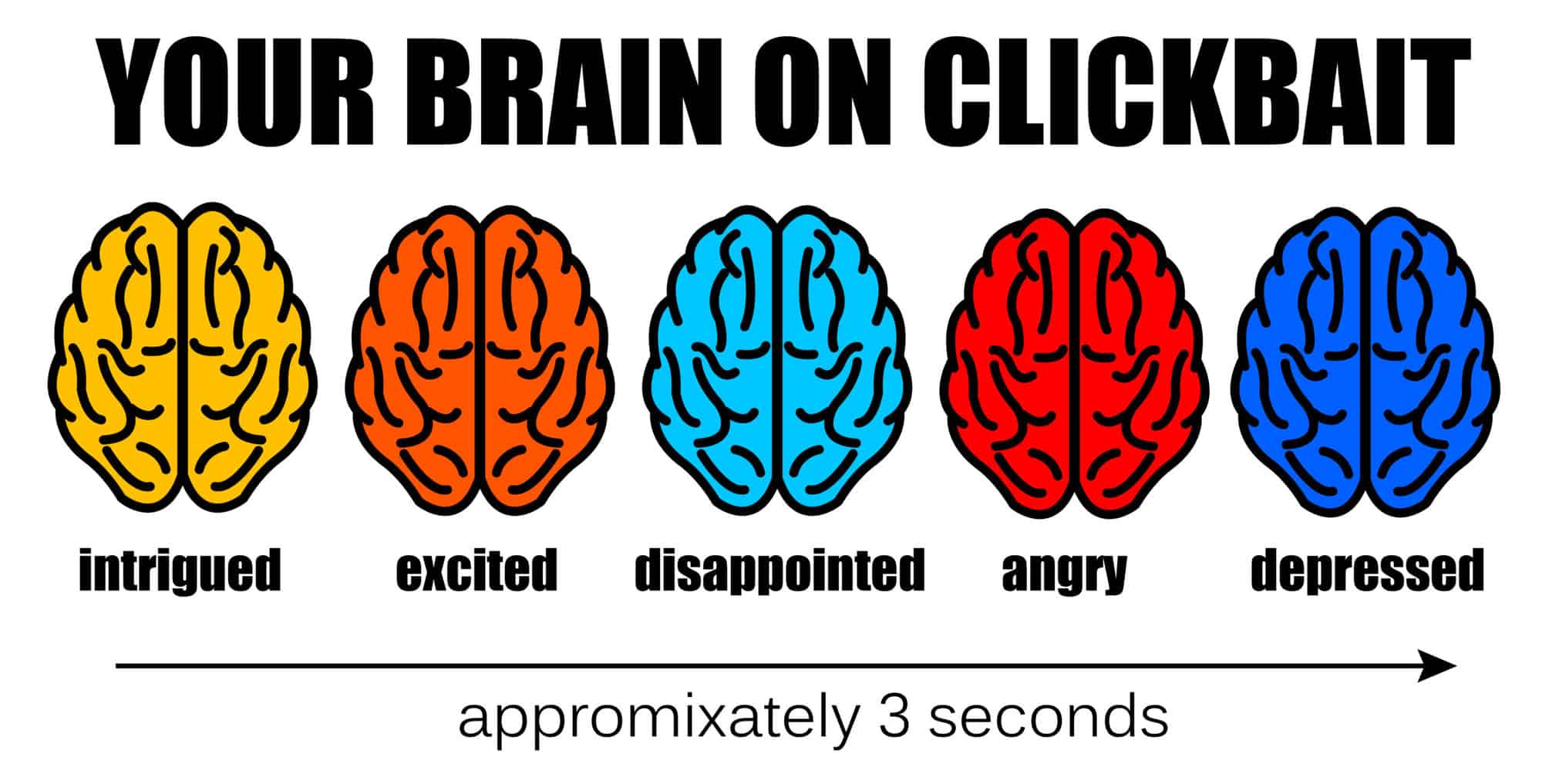
I could have included clickbait in with poor quality content, but I believe it requires its own section. Clickbait is sensational and often misleading titles that try to draw the reader in and increase their click-through rate (CTR) without fulfilling their promise or offering relevant and helpful content. As we have seen, Google does not take kindly to sites playing with its users.
Clickbait will often lead to higher bounce rates and lower session times on your site as users quickly realise that they were misled into clicking the link and leave to look for a more relevant page. Whilst there is no evidence that Google uses bounce rate and session times as a ranking metric, I would be amazed if they didn’t at least contemplate it when deciding how useful and trustworthy a site is. Google is much more likely to rank a page that users spend longer on than a site that has people hopping in and out in a matter of moments.
Not only do you have to contend with Google, but you should take into account the organic users themselves. People remember poor experiences far more than they remember positive ones, so why should they not remember how your site misled and disappointed them when it pops up on Google again? The risk is not worth the reward, so make your titles faithful to the content.
Why should you avoid Black hat SEO?
You should avoid black hat SEO for one simple reason. Simply, utilising black hat SEO can get your site removed from Google’s indexing, torpedoing your rankings and annihilating your traffic. These penalties can be given even if you inadvertently violate their webmaster guidelines, but are most often given because their bots and algorithms spot your black hat in the crowd.
How can Google spot Black hat SEO?
Google created two algorithm updates to help spot back hat SEO. The first is the Google Panda update, which is designed to counter the falling trust in Google ratings all the way back in 2010. It assigned pages a quality rating which was incorporated as a ranking factor.
Google did this by coming up with a set of 23 guiding questions that asked human quality raters things such as ‘would you be comfortable giving your credit card details to this site?’ and ‘does the article provide original content or information, original reporting, original research, or original analysis?’ If the answer to these questions is no, then down the rankings you go.
The second algorithm was the Penguin Update. Whilst the Panda was on the lookout for low-quality content, the Penguin was on the hunt for link manipulation. Its goal was to reduce the effectiveness of black hat spamming techniques and it seemed to make a huge and almost immediate difference. Soon after its introduction, sites that had used manipulative link building saw their traffic and rankings decrease.
How can you make sure you use white hat techniques?
Use a reputable SEO agency
There are numerous ways in which a company can ensure they are using white hat SEO techniques, and the number one way would be to use an award-winning and reputable SEO agency. All good agencies should be able to provide client testimonials and case studies of their successes. In this way, you’ll be able to see what the agency’s strategy involves, and be able to weed out those using dark arts.
Target people
Creating an SEO strategy that focuses on a human audience as opposed to thinking about search engine algorithms will almost certainly help you steer clear of black hat SEO. As mentioned earlier in the article, Google is putting more and more emphasis on user experience, so by making your content and website informative, engaging and user friendly, you’re giving Google reasons to rank you higher.
In addition to SEO, you should try and incorporate some Conversion rate Optimisation (CRO) to make sure your site is having the desired impact on your users. We will look at CRO in more depth in the following months.
Keyword Intent
We spoke about keyword stuffing, and of course, it’s important to make sure that the keywords are in your content, but paying attention to search intent and long-tail keywords will help you create a white hat strategy.
Users are increasingly searching for specific products and items, for example, instead of shoes, the search will be size six women red heeled shoes. Understanding both what you offer and what the user wants will help ensure that the people visiting your site are the ones that want to be there.
Conclusion
There are many ways in which unscrupulous SEO executives can try and subvert and manipulate Google rankings, but the price of getting caught far outweighs the benefits. Ensure your business stays on the right side of the law by staying vigilant, employing reputable SEO agencies, and keeping the user at the forefront of your SEO strategy
